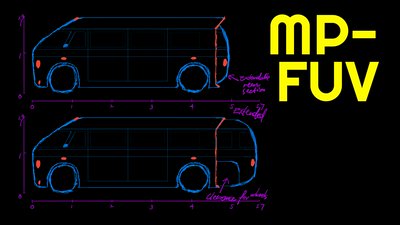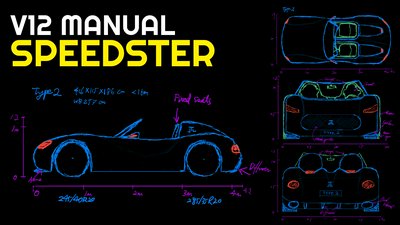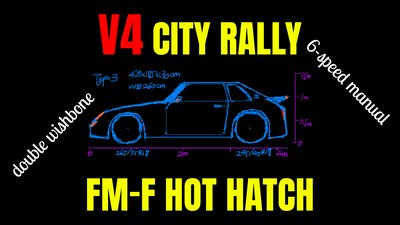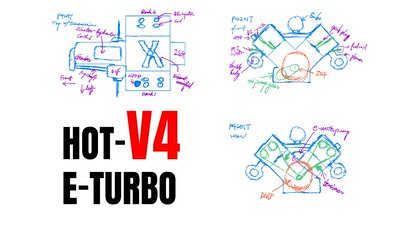techXXX
Fifteen Iconic BMWs That You Will Lust After
BMW has always been the German automaker that prioritized handling. Today, I briefly present 15 iconic, most collectible BMW vehicles.
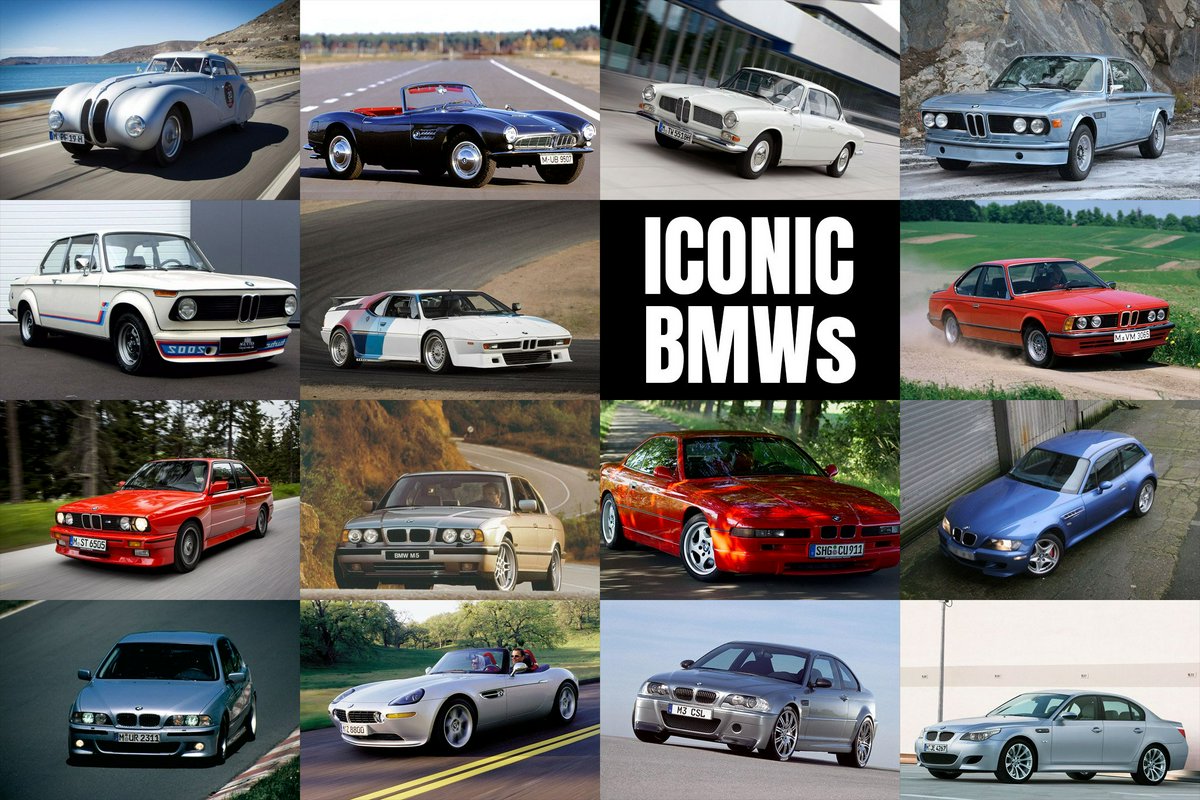
BMW has always been the German automaker that prioritized handling. It had some early racing success but struggled financially after the war. Once recovered, its Motorsport division has left a strong mark in racing. Today, I briefly present 15 iconic, most collectible BMW vehicles.
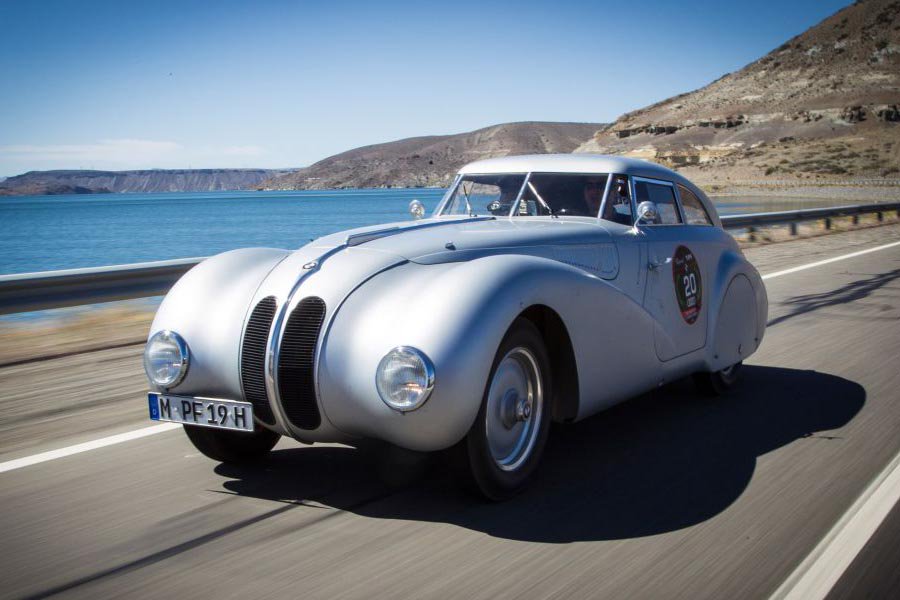
328
- 1936-1940
The 328 was a pre-war sports car that achieved some racing success, notably as the winner of the 1940 Mille Miglia. It is powered by an M328 2L inline-6 OHV engine that develops 79hp paired to a 4-speed manual transmission. The engine uses three Solex downdraft carburetors. Its head has transverse pushrods that allow the intake and exhaust valves to form two lines instead of one in conventional pushrod engines for better breathing. The 328 features an aluminum body and weighs just over 800kg.
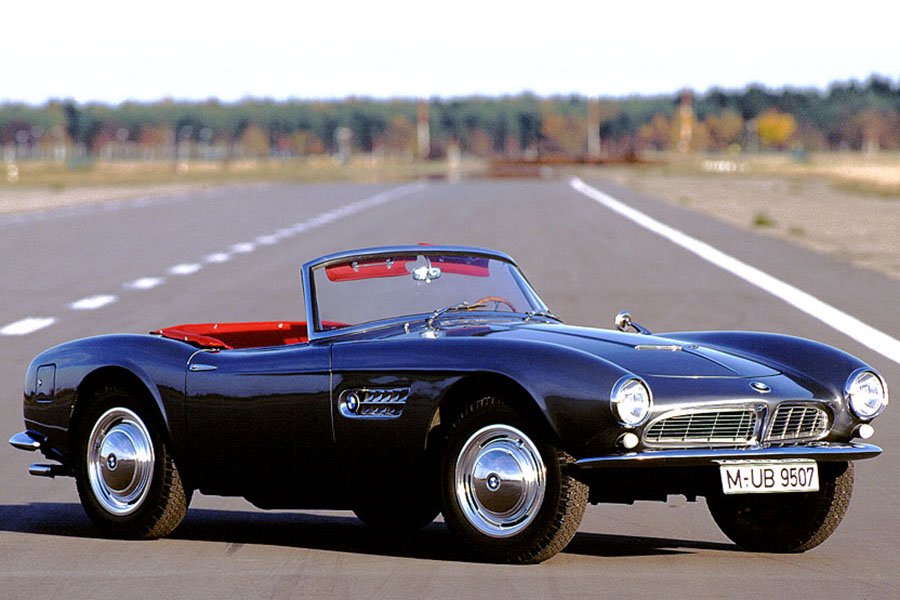
507
- 1956-1959
The 507 was a grand tourer designed to slot below the Mercedes 300SL to capture the affluent American market. Unfortunately, it ended up more expensive than the latter and was a sales flop. Still, its sleek lines and rarity have made it one of the most collectible BMWs today. The 507 is powered by a 3.2L pushrod V8 that develops 150hp paired to a 4-speed manual transmission. It uses a single Zenith carburetor.
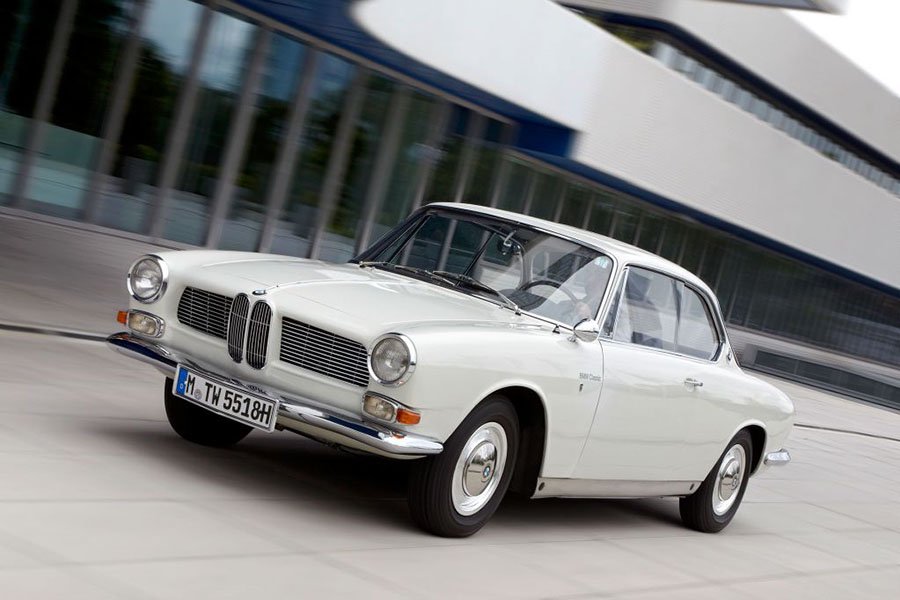
3200 CS
- 1962-1965
The 3200 CS was a grand tourer highly significant in BMW’s design and engineering history. It was the last car built on BMW’s early post-war platform and the last BMW to use a pushrod engine. It was also the first car to introduce BMW’s iconic belt line and greenhouse, including the Hofmeister kink. The 3200 CS was designed by Giorgetto Giugiaro at Bertone. It is powered by a twin-carburetor version of the 3.2L V8 that develops 160hp paired to a 4-speed manual transmission.
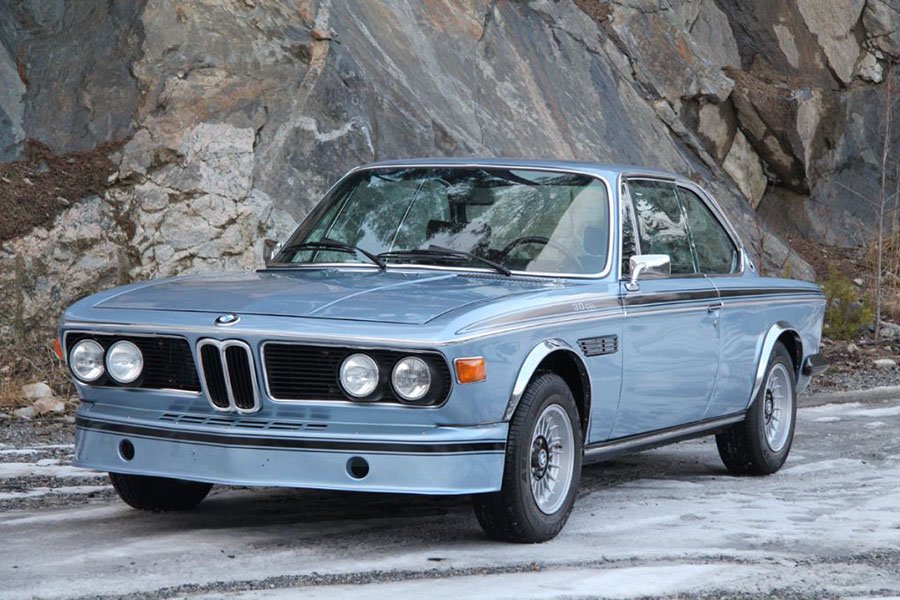
3.0 CSL (E9)
- 1972-1975
The E9 was a series of coupes that predated the 6 Series. The 3.0 CSL was a homologation special, with the “L” meaning light. It originally used an M30 SOHC inline-6 engine that displaced 3L but was stroked to 3.2L in 1973. It has a 4-speed manual transmission. Thanks to its full aero package, the 3.0 CSL is often referred to as the “Batmobile”.
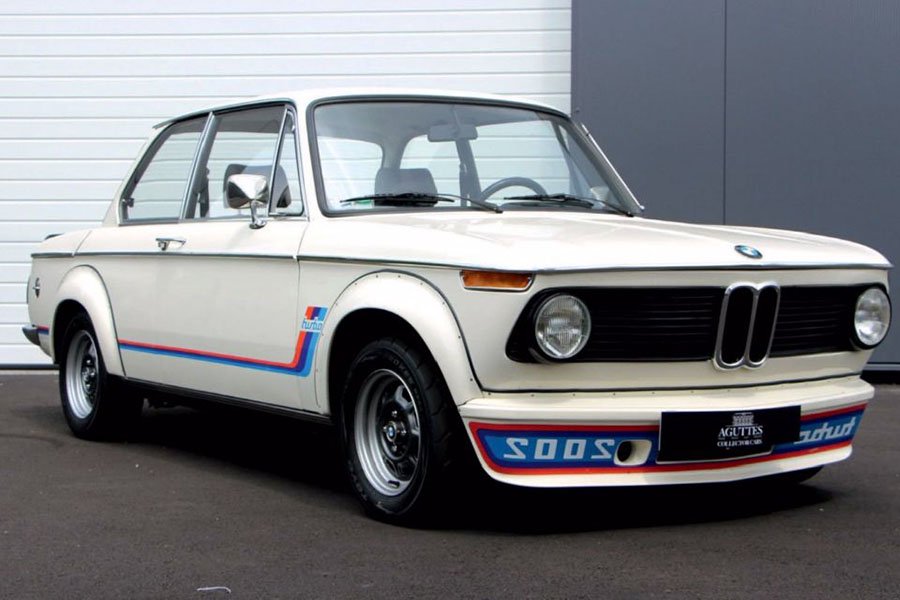
2002 Turbo (E20)
- 1973-1975
The 02 Series was a line of sporty coupes and convertibles. The 2002 was the 2L version that participated in numerous racing events, though with only moderate success. The 2002 Turbo was the range-topper coupe powered by Europe’s first turbocharged engine, the 168hp M10 2L inline-4. It uses a twin-scroll turbocharger with a 0.55bar maximum boost as well as mechanical fuel injection. The car came standard with a 4-speed manual transmission, while 5-speed was optional.
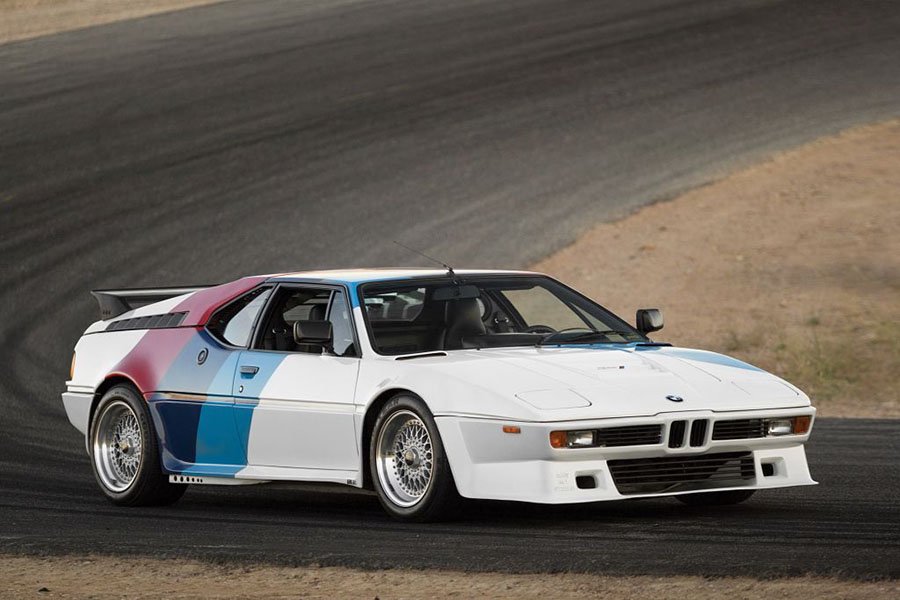
M1 (E26)
- 1978-1981
The M1 was intended to be a homologation special co-designed and manufactured by Lamborghini. Its tubular steel space frame chassis was designed by Gianpaolo Dallara at Lamborghini. However, Lamborghini was on the verge of bankruptcy, and BMW took over the project, making the M1 the first car to be solely developed by BMW M. The car uses a 3.45L M88 DOHC inline-6 that produced 273hp paired to a 5-speed manual transmission. This engine introduced BMW M’s routine individual throttle body setup. It uses mechanical fuel injection. The M1 features a fiberglass body. It was designed by Giorgetto Giugiaro at Italdesign.
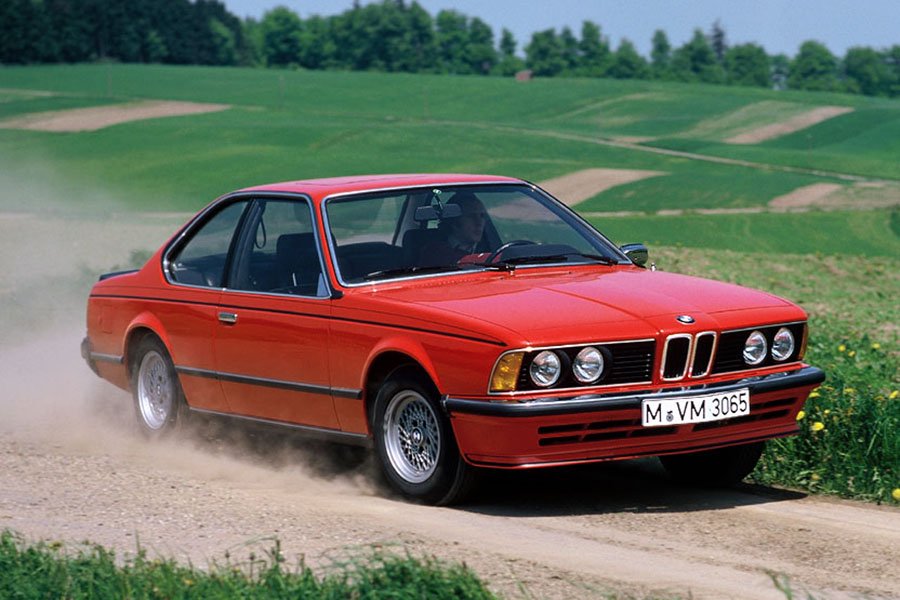
E24 M635CSi / M6
- 1983-1989
The M635CSi was the range-topper of the E24 6 Series, the successor to the E9. The European-spec M635CSi uses the 3.5L M88 inline-6 engine from the M1, now developing 282hp. The US and Japanese version had a catalytic converter added, resulting in the S38 engine with 256hp. To compensate for the reduction in power, the car was badged M6. Unlike the E9, the E24 6 Series has a B pillar. Combined with a higher production number, this M6 is less collectible today.
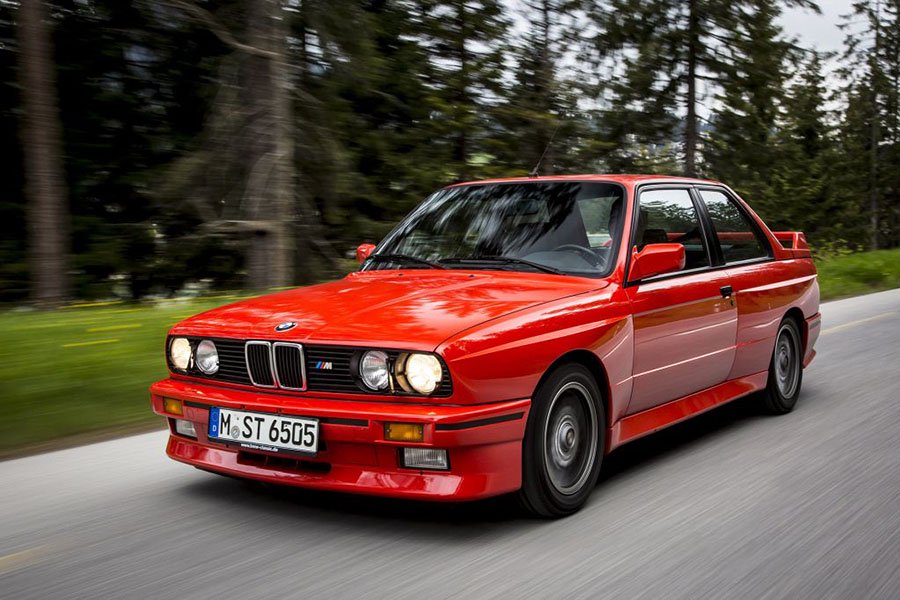
E30 M3
- 1986-1991
The E30 M3 is considered the most iconic BMW of all time among enthusiasts. Built as a homologation special, it was powered by an S14 2.3L DOHC inline-4 engine that originally developed 197hp paired to a 5-speed manual transmission. The E30 3 Series was designed by Claus Luthe, who oversaw design when arguably the most beautiful BMWs were developed. The E30 M3 is celebrated for its balanced handling, sharp design, and motorsport success. The M3 remains the soul of BMW till this day.
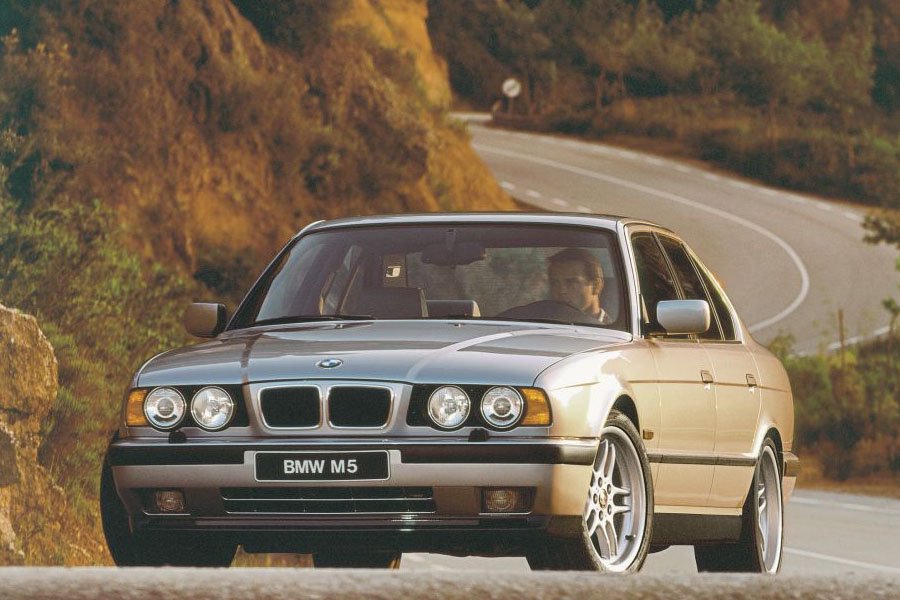
E34 M5
- 1988-1995
The E34 M5 is arguably the most handsome sedan that BMW has ever made. It is also known for its balanced handling and refinement that still feels somewhat modern today. Originally, the E34 M5 was powered by a 3.45L S38 inline-6 engine paired to a 5-speed manual transmission. It grew to 3.54L in 1989 and then to 3.8L in 1991, eventually developing 335hp. In 1994, 6-speed manual was introduced. The E34 M5 was hand-assembled.
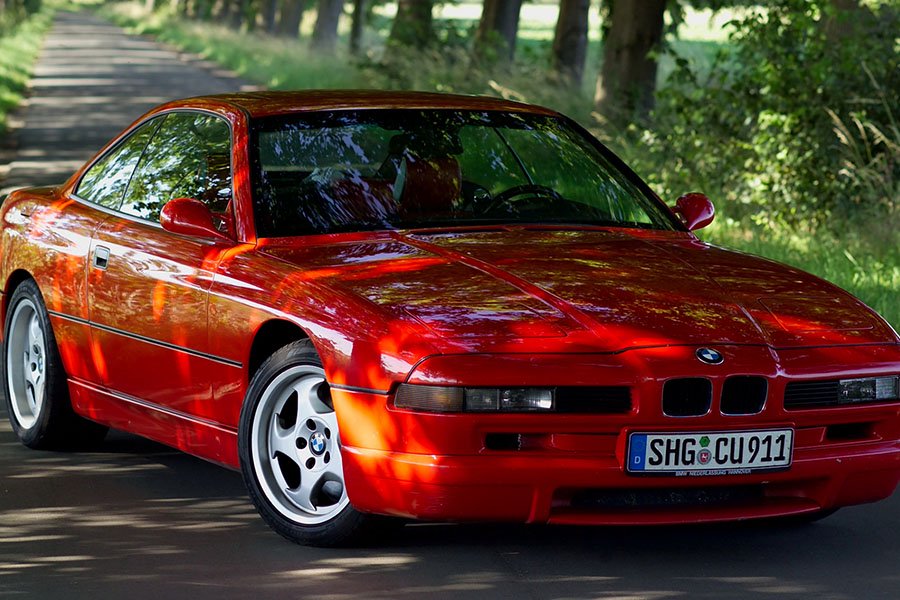
850CSi (E31)
- 1992-1996
The E31 8 Series was not well received at launch, falling short of the benchmarks set by the Mercedes S-Class Coupe and the SL. BMW M developed a thundering 48-valve V12 with variable valve timing and dry sump lubrication, but the corporate decided that it was too expensive. That engine eventually powered the McLaren F1. The 850CSi, powered by a 5.6L S70 V12, had to do with just 375hp. BMW was shy about marketing it as the M8, even though its German type certificate writes M8 till this day. The 850CSi is arguably the most beautiful grand tourer in BMW history. It balances refinement, technology, and performance in a way unique to the Bavarians. The 850CSi uses a 6-speed manual transmission.
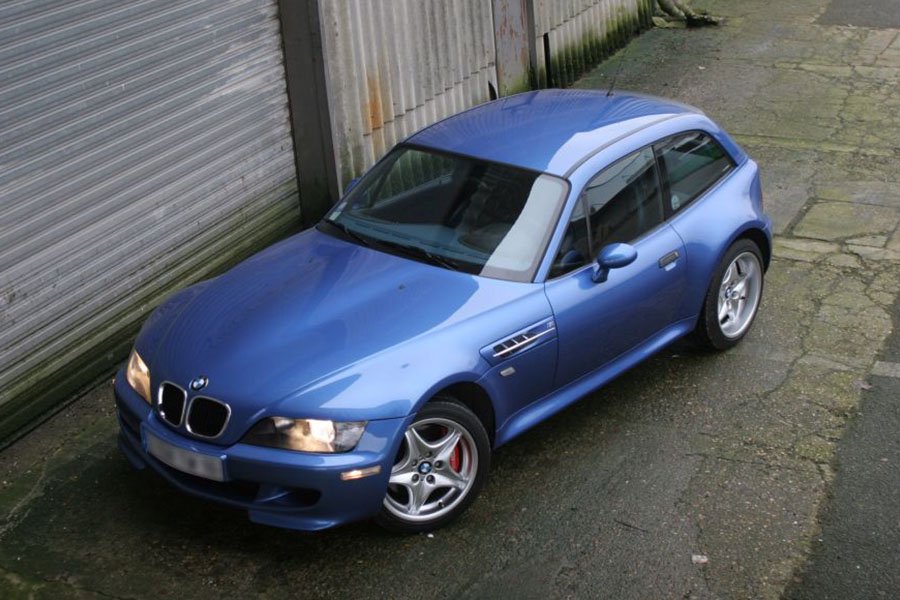
Z3M coupe (E36/8)
- 1998-2002
The Z3 is a roadster based on the E36/5 compact platform. However, its most iconic version is the Z3M coupe, which is a shooting-brake. The Z3M coupe was powered initially by the powertrain from the E36 M3, i.e. the 316hp S50 in Europe and 240hp S52 in the US. From 2001, its powertrain was upgraded to that of the E46 M3, i.e. the 321hp S54. All displaced 3.2L and used 5-speed manual transmission. The unique shape of the Z3M coupe has made it an instant classic, with the later S54-powered version being the most desirable.
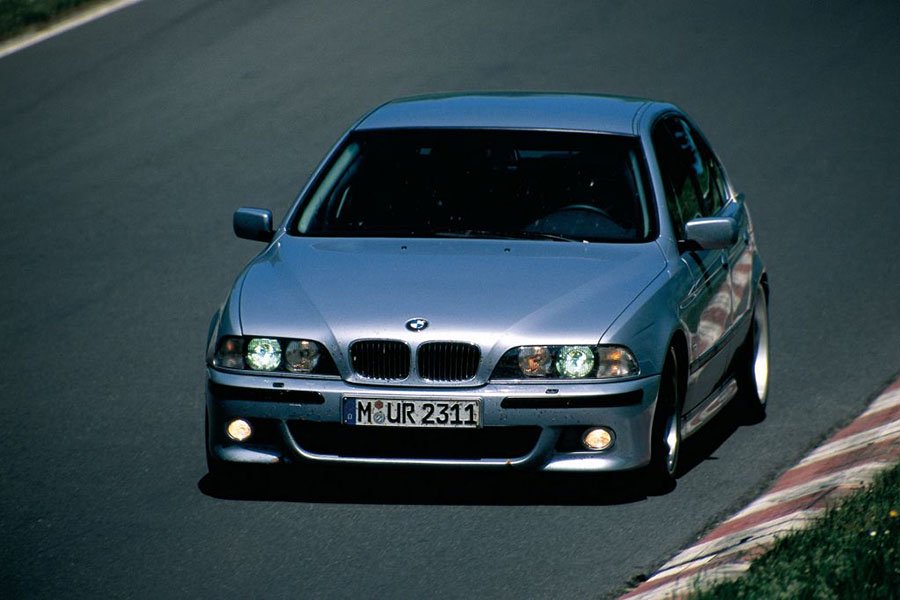
E39 M5
- 1998-2003
The E39 M5 is often regarded as one of the greatest super sedans ever made. It mates a 394hp 4.9L S62 V8 with a 6-speed manual transmission, resulting in significant bump in torque over its predecessor. While the E39 is less gorgeous, this M5 made up for it with a good blend of drivability, performance, luxury, and fun.
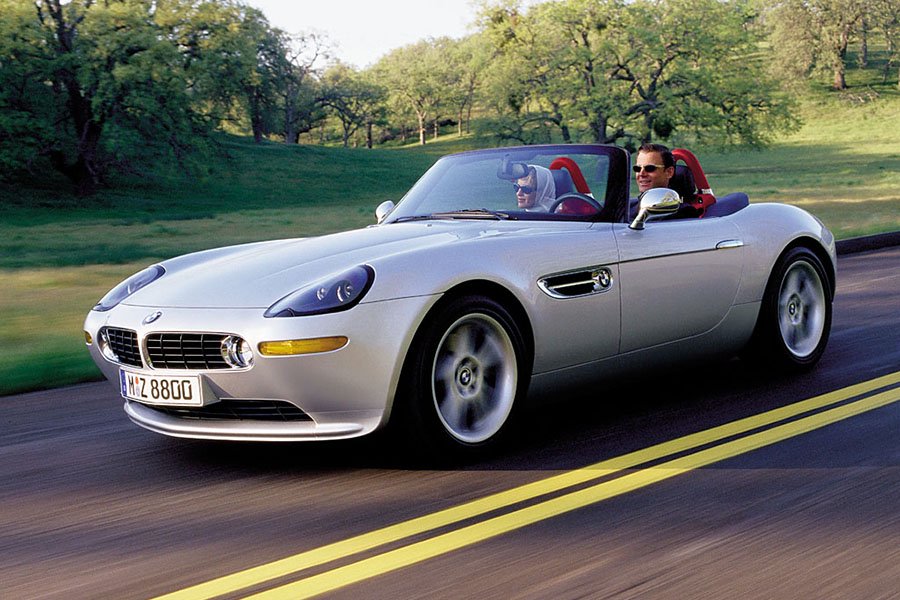
Z8 (E52)
- 1999-2003
The Z8 was a modern tribute to the 507, combining classic roadster styling with modern performance. It uses the same drivetrain from the E39 M5 but is significantly lighter and more compact, resulting in greater handling and performance characteristics. Unlike the M5, the Z8 has an all-aluminum space frame chassis and body. One interesting fact is that the Z8 uses neon exterior lighting instead of normal lightbulbs. The Z8 was completely built by hand.
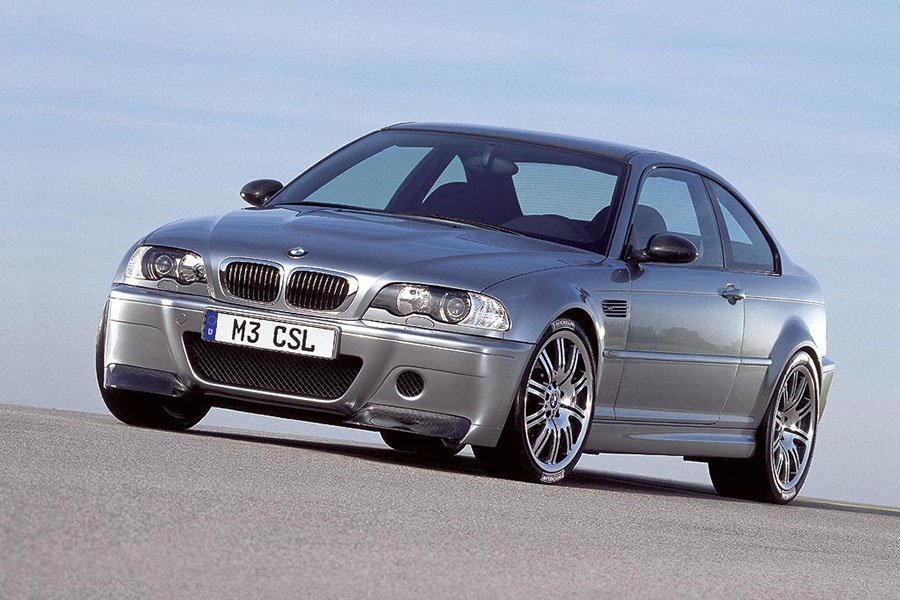
E46 M3
- 2000-2006
The E46 M3 is highly regarded for its perfect balance of performance and everyday usability. It is powered by a 3.2L S54 inline-6 engine paired to a 6-speed manual or automated manual transmission. The latter is known as SMG-II. A more exclusive version of the E46 M3 was the CSL, which had numerous weight-reduction changes, including carbon fiber body panels. The E46 M3 is the last reliable and durable M car.

E60 M5
- 2004-2010
The E60 M5 was the flagship of the last crop of naturally aspirated M cars from BMW. It is powered by an F1-inspired 5L S85 V10 engine paired to a 7-speed automated manual, SMG-III transmission. In North America, a 6-speed manual was also offered. A product of the Chris Bangle era, the E60 was loathed for its bloated exterior; however, as all cars have grown increasingly bloated ever since, the E60 is now appreciated by many for its looks. Experience-wise, the E60 M5 always captured the drivers from the get-go, thanks to its thundering V10 that asks to be revved.
